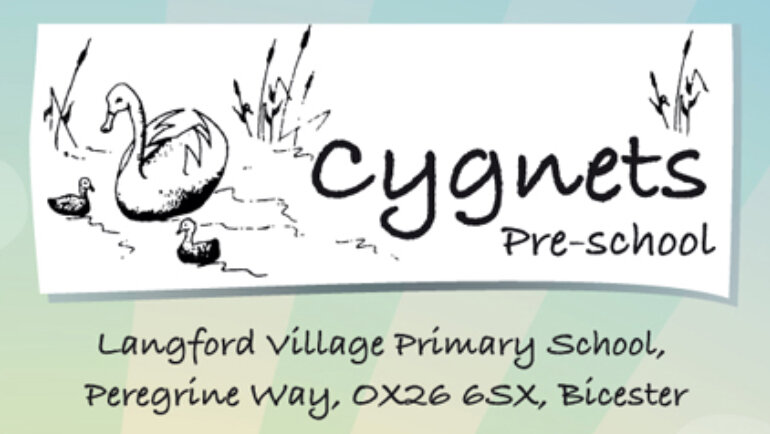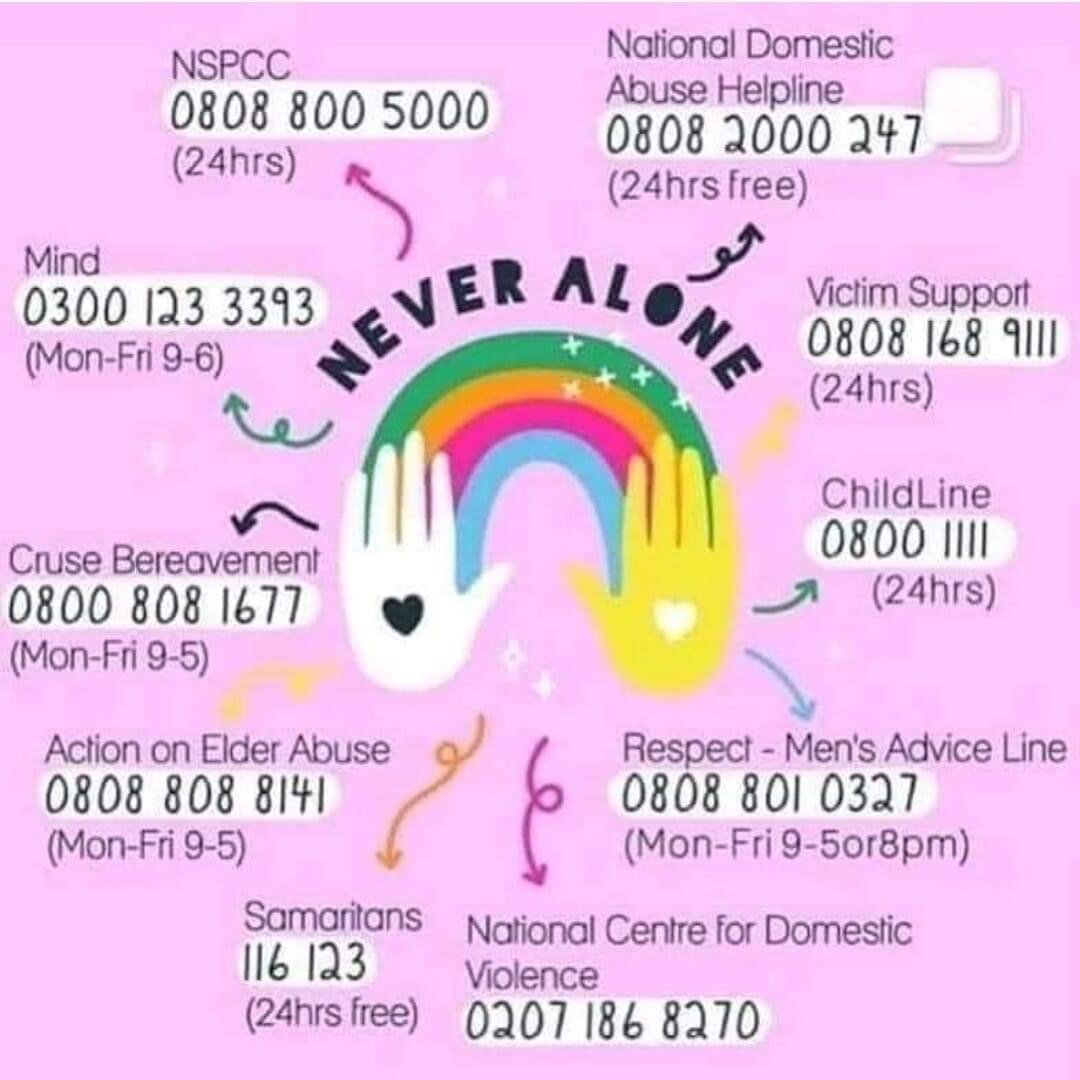Mental Health Services
We know that the pandemic and the associated measures and restrictions, such as social distancing and school closures, will be impacting on the mental wellbeing of some children and young people.
The list below is not exhaustive, and many other useful organisations and services exist, but it is hoped that these will help children, young people and adults navigate the key resources and get the support they deserve.
Seeking specialist support for children and young people
Local children and young people’s mental health services (CYPMHS) are continuing to operate and in many cases are providing support remotely. Children and young people or their parents or carers can also contact their GP or refer to NHS 111 online*. Local CYPMH services will also have information on access on their websites: many offer self-referral or single points of access.
NHS trusts have established 24-hour urgent mental health helplines in most parts of England for people of all ages. If you have urgent concerns about a child or young person, you can find your local helpline here*to discuss these with a mental health professional.
General information relevant to children and young people’s wellbeing and mental health
These resources are dedicated to children and young people’s general mental health and wellbeing, with a particular focus on mindfulness with developing coping skills in young people.
Calm Harm* is designed to help people resist or manage the urge to self-harm.
Catch it* helps people manage feelings like anxiety and depression and improve mental wellbeing.
Sleepio*is an online sleep improvement programme which is free for people living in Oxfordshire, Berkshire and Buckinghamshire.*
The Student health app is designed to reduce your worries, feel more confident and get the support you need at what can be a challenging time for any student.
Thrive * helps you prevent and manage stress, anxiety and related conditions.
Students Against Depression* is a website offering advice, information, guidance and resources to those affected by low mood, depression and suicidal thinking.
Place2Be has a host of mental health resources available. They organise Children's Mental Health Week every year.
SafeSpot* is an iPhone and Android app that promotes positive mental wellbeing in children and young people and has been designed to help children and young people with their coping skills.
MindEd’s* advice and resources for families on supporting children’s mental health.
BBC’s wellbeing resources for families.
Young Minds: a letter about how I’m feeling: worksheet to help pupils express their feelings and understand what may have triggered them. For use with pupils in school or at home.
Mentally Healthy Schools: tools to support an emotional check-in with pupils.
Mentally Healthy Schools: an anxiety thermometer as a wellbeing measurement tool.
Mental Health at Work:* Supporting Educators' Mental Health including during the pandemic. Round-the-clock one-to-one support by call or text from trained volunteers, plus resources, tips and ideas to look after your mental health.
NHS:*Mental Health Helplines for Urgent Help - NHS 24-hour advice and support for you, your child, your parent or someone you care for. Help is available to speak to a mental health professional.
NHS IAPT:* free online NHS adult psychological therapies, such as cognitive behavioural therapy (CBT), for common problems involving stress, anxiety and depression. IAPT services can be accessed either through a self-referral by contacting your Local IAPT or via your GP.
Cruse Bereavement Care:* Coronavirus, Bereavement and Grief online information, advice and support. Helpline: 0808 808 1677.
Headspace:* Headspace for Educators offers educators access to free mindfulness and meditation exercises and resources for every age group, and a free Headspace Meditation App.
Centre for Mental Health:* Supporting Mental Health during Covid-19: a brief guide
Public Health England Every Mind Matters:* Looking After Your Mental Health Resources aims to support everyone to feel more confident in taking action to look after their mental health and wellbeing by promoting a range of self-care actions.
Public Health England:* Every Mind Matters Self-Care Tool when you complete the 5 ‘Survey’ questions, a ‘Mind Plan’ is generated, with signposting options to many useful resources.
Anna Freud: self-care strategies for young people* feeling low or anxious and self-care tips for parents and carers.*
Covid-19 specific children and young people’s wellbeing and mental health support
For young people who feel particularly overwhelmed and troubled by Covid-19, these resources are helpful ways to manage anxiety around the pandemic, with helpful tools on homeschooling and self-care during lockdown.
A downloadable guide from the Children’s Commissioner for children and young people about the coronavirus, including proactive advice to support mental wellbeing.
The Think Ninja* app educates 10–18-year-olds about mental health, emotional wellbeing and provide skills young people can use to build resilience and stay well. It has been adapted to Covid-19 to bring self-help knowledge and skills to those who may be experiencing increased anxiety and stress during the crisis.
The Rise Above website aims to build resilience and support good mental health in young people aged 10 to 16. The content has been adapted to Covid-19 and includes new mental health content based on insights from young people on remote schooling.
The Every Mind Matters* website aims to support everyone, including children and young people, to feel more confident in taking action to look after their mental health and wellbeing by promoting a range of self-care actions. It has been adapted to include advice and support about mental health issues that may have arisen because of the pandemic.
The Young Minds website* – provides online information on COVID-19 and mental health support to children and young people.
Mental health support for parents, carers, and school or college staff
Keeping in mind that parents, carers and school staff can often be impacted by children’s mental health, we have provided some select resources that can help adults better support children, and also find the help that they themselves might need.
Public Health England advice* for parents and carers on looking after the mental health and wellbeing of children or young people during the Covid-19 outbreak.
Online wellbeing resources for home education - a list of mental wellbeing resources designed to provide guidance on how to support the wellbeing of children and young people being educated remotely.
Mentally Healthy Schools - a range of free coronavirus and mental health toolkits with useful resources and guidance to support school staff, parents and carers through the challenges they face as a result of the pandemic. This includes:
Resources for managing anxiety and improving wellbeing
Dealing with the effects of lockdown
Resources for building resilience
Anna Freud:* top tips to help families work together and support one another during the coronavirus outbreak.
Barnardo’s See, hear, respond hub:* information for parents and carers to help with some of the challenges the pandemic has presented.
Family Links: Mental and Emotional Health in Schools: effective strategies and support for schools as they respond to the challenges of COVID-19 and its impact on the whole learning community: Free Online Course.
Issue and group specific children and young people’s mental health and wellbeing support
Sometimes, children need specific and targeted resources to help with problems they are facing. Below we have outlined some support available for particular issues, including loneliness, suicide prevention, eating disorders and domestic abuse.
SEND
The SEND Gateway is a good source of information for professionals, containing resources on responding appropriately to children and young people with SEND with emotional wellbeing needs.
Loneliness
Resources from University of Bath *and the ‘Tell Me about Loneliness’ *project provide advice and tips about how to tackle loneliness and are thoroughly rooted in evidence of young people's experiences during loneliness.
The Let’s Talk Loneliness campaign* – the website provides a whole host of resources and information for those feeling lonely, including blogs and podcasts from those who have experienced loneliness.
Bullying, harassment, and abuse
The government tool Respectful school communities: a tool to support school staff to combat bullying, harassment and abuse of any kind.
Bereavement support
Childhood Bereavement Network has a range of resources to help schools to respond to a bereavement and to provide support to bereaved pupils and their families. It also includes signposting to local bereavement services.
Cruse Bereavement Care: Coronavirus, Bereavement and Grief* online information, advice and support. Helpline: 0808 808 1677*.
Self-harm
University of Oxford guide for parents and carers *on supporting their child or young person in dealing with self-harm.
Eating disorders
BEAT* advice and support on eating problems and disorders, with general downloads and resources* and advice for school and college teachers and staff*:
Helpline: 0808 801 0677
Youthline: 0808 801 0711
Studentline: 0808 801 0811
The Sanctuary chat room* for people with an eating disorder, created specifically in response to coronavirus.
Suicide prevention
Papyrus (Prevention of Young Suicide)* provides confidential advice and support for young people who feel suicidal,
HOPEline UK: 0800 068 41 41
Text: 07786 209 697
Email:pat@papyrus-uk.org
The Zero Suicide Alliance *collaboration of National Health Service trusts, charities, businesses and individuals offers free suicide prevention training.
Samaritans* is a national organisation for anyone in distress and in need of immediate support:
Tel: 0116 123
Email: jo@samaritans.org
Trauma
UK Trauma Council resources on coronavirus and trauma*
Domestic abuse
Operation Encompass Teachers' Helpline*staffed by educational psychologists, to support staff working with children and young people at risk of or experiencing domestic abuse (0204 513 9990, weekdays during term-time, 8-11am).
Drug and alcohol support
Find confidential local drug and alcohol support services here*or phone 03001236600* for confidential support from Talk to Frank.
Helplines
Children and young people can access free confidential support anytime from Government-backed voluntary and community sector organisations by:
texting SHOUT to 85258 *
calling Childline on 0800 1111 *
calling the Mix on 0808 808 4994 or texting THEMIX to 85258 *
Miscellaneous
FutureLearn offer courses in Psychological First Aid Learners will focus on children and young people’s mental health, and discover practical ways to help them cope and access the support they need during and after emergencies and crisis situations. The course has been produced by Public Health England, working with a wide range of experts and organisations.https://www.futurelearn.com/courses/psychological-first-aid-for-children-and-young-people
Oxfordshire Family Information Service provides information about services for children and families in Oxfordshire
OXME health pages offer advice on staying healthy, solving health problems, alcohol, mental health and relationships, including information for young people in care, young carers and others
Choice and medication provides downloadable leaflets about a range of mental health conditions and the types of medication prescribed
Doc Ready helps you prepare to speak to a doctor about mental health; it helps you build a checklist of things you want to talk about, and gives information and advice about speaking to a GP
Rethink Mental Illness offers information about mental health problems and self-help strategies for coping with them
Young Minds offer comprehensive and accessible information about mental health and emotional wellbeing, including resources for you to download
Youth Health Talk offers information about a range of illnesses and other health-related issues from the perspective of people’s real life experiences


